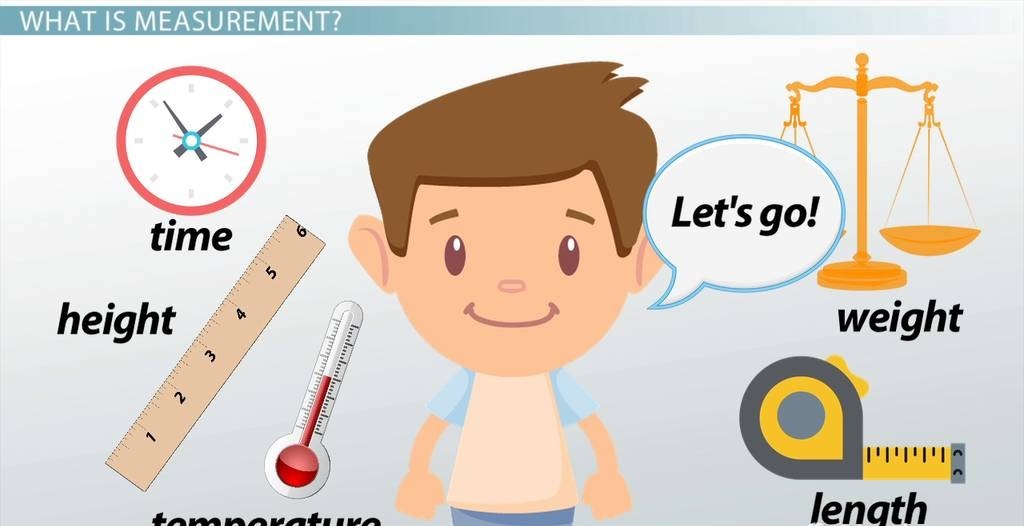Measurements are an integral part of our daily lives, influencing everything from recipes in the kitchen to construction projects. As students, understanding and mastering measurements is a crucial skill that extends beyond the classroom. This blog aims to provide a comprehensive guide for students to navigate the world of measurements effectively.

Importance of Measurements:
- Precision in Science and Engineering:
- In fields like physics, chemistry, and engineering, precise measurements are essential for accurate experimentation and analysis.
- Engineers rely on measurements to design and build structures, ensuring they meet safety and functionality standards.
- Everyday Applications:
- Cooking requires precise measurements for a successful dish. A slight miscalculation can turn a delightful recipe into a culinary disaster.
- DIY projects, such as home improvement or crafting, demand accurate measurements to achieve the desired outcome.
Common Measurement Systems:
- Metric System:
- Widely used across the globe, the metric system simplifies measurements with a base 10 system. Learn the basic units: meters, grams, and liters.
- Prefixes like milli-, centi-, and kilo- denote smaller or larger units, making conversions straightforward.
- Imperial System:
- Commonly used in the United States, the imperial system employs units like inches, feet, pounds, and gallons. Familiarize yourself with these units for practical use.
Length Measurements:
- Understanding Units:
- Learn the conversion factors between different length units. For example, 1 meter equals 100 centimeters or 1 kilometer equals 1,000 meters.
- Tools of Measurement:
- Familiarize yourself with tools like rulers, tape measures, and calipers. Understand how to use each tool accurately for different situations.
Mass Measurements:
- Conversion Skills:
- Develop the ability to convert mass units, such as grams to kilograms or ounces to pounds. This skill is vital for various academic subjects and real-world applications.
- Balances and Scales:
- Gain hands-on experience with balances and scales. Learn to calibrate and use these tools correctly to measure mass precisely.
Volume Measurements:
- Practical Applications:
- Understand how to measure and convert volumes using containers like beakers, graduated cylinders, and measuring cups. This skill is crucial for chemistry and cooking alike.
- Density Calculations:
- Grasp the concept of density, which involves both mass and volume. Learn how to calculate density and apply it to various materials.
Time and Other Measurements:
- Time Management:
- Time is a critical measurement. Develop effective time management skills to balance academic and personal responsibilities.
- Temperature:
- Master the basics of temperature measurements using Celsius and Fahrenheit scales. Understand the importance of accurate temperature readings in scientific experiments and everyday life.
Practical Tips:
- Practice Regularly:
- Reinforce your understanding of measurements through regular practice. Solve problems, conduct experiments, and engage in hands-on activities to solidify your knowledge.
- Utilize Technology:
- Leverage technology, such as measurement apps and online converters, to streamline the conversion process and reinforce your understanding of different units.


